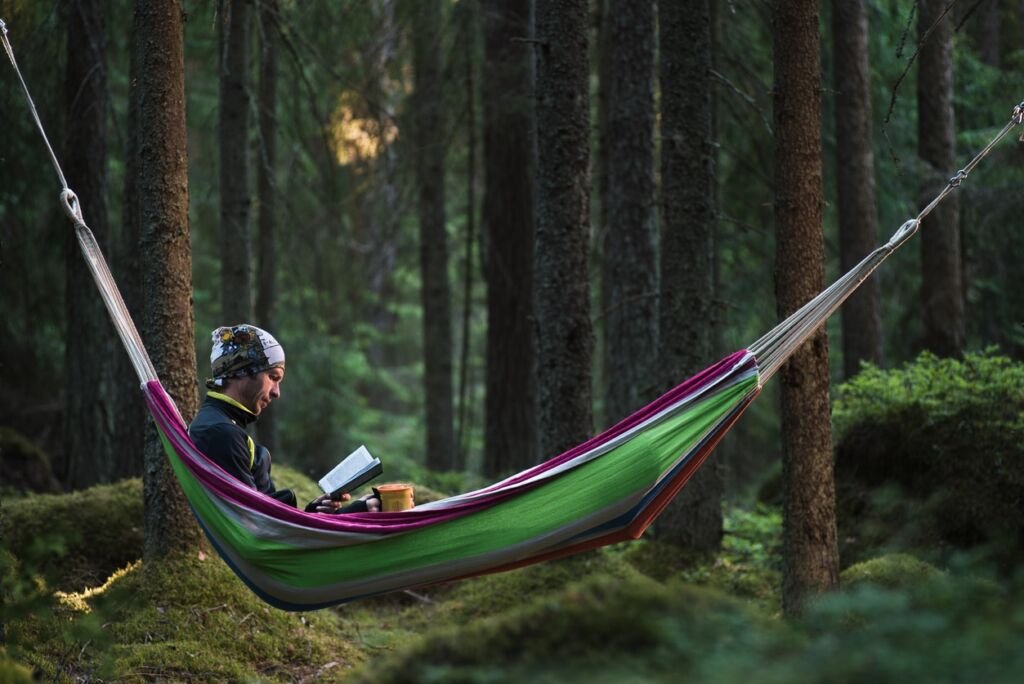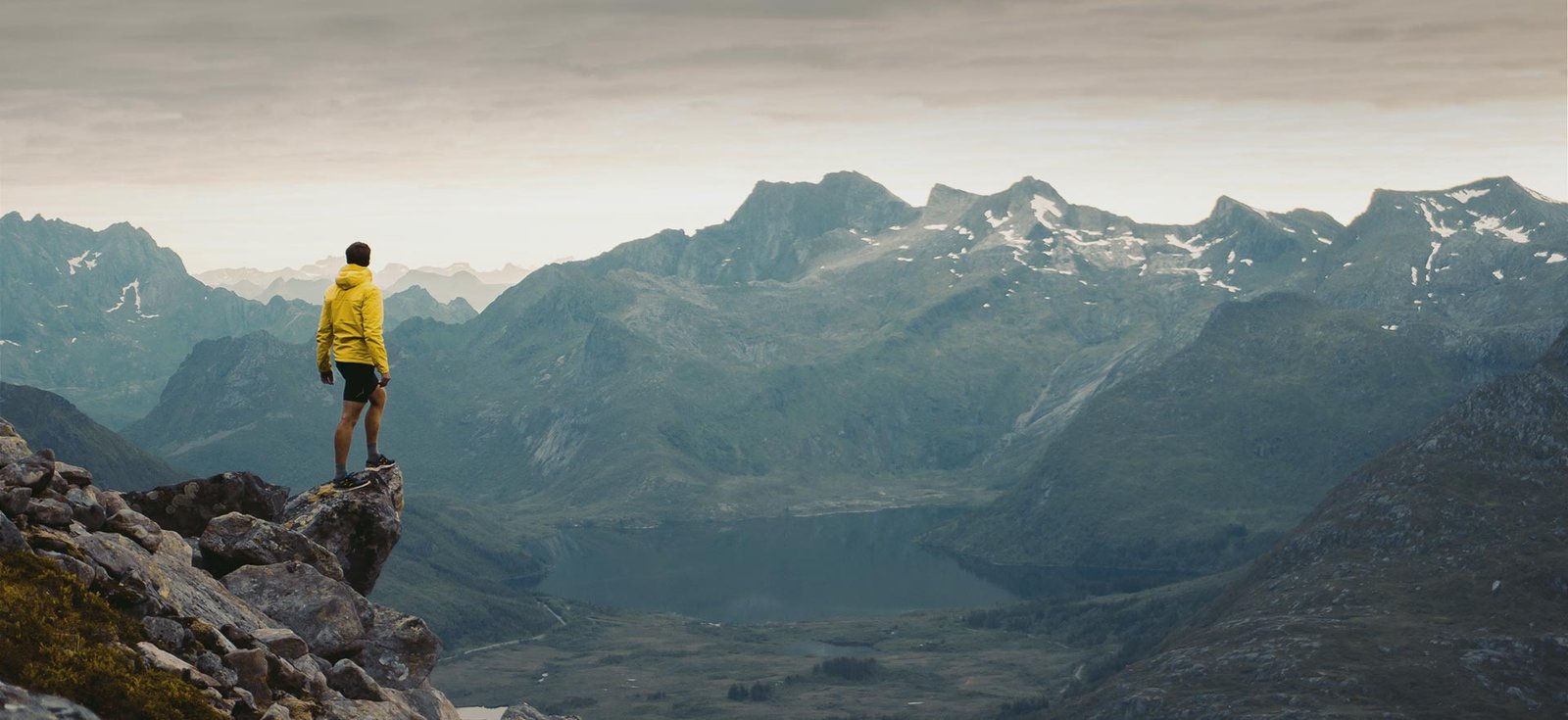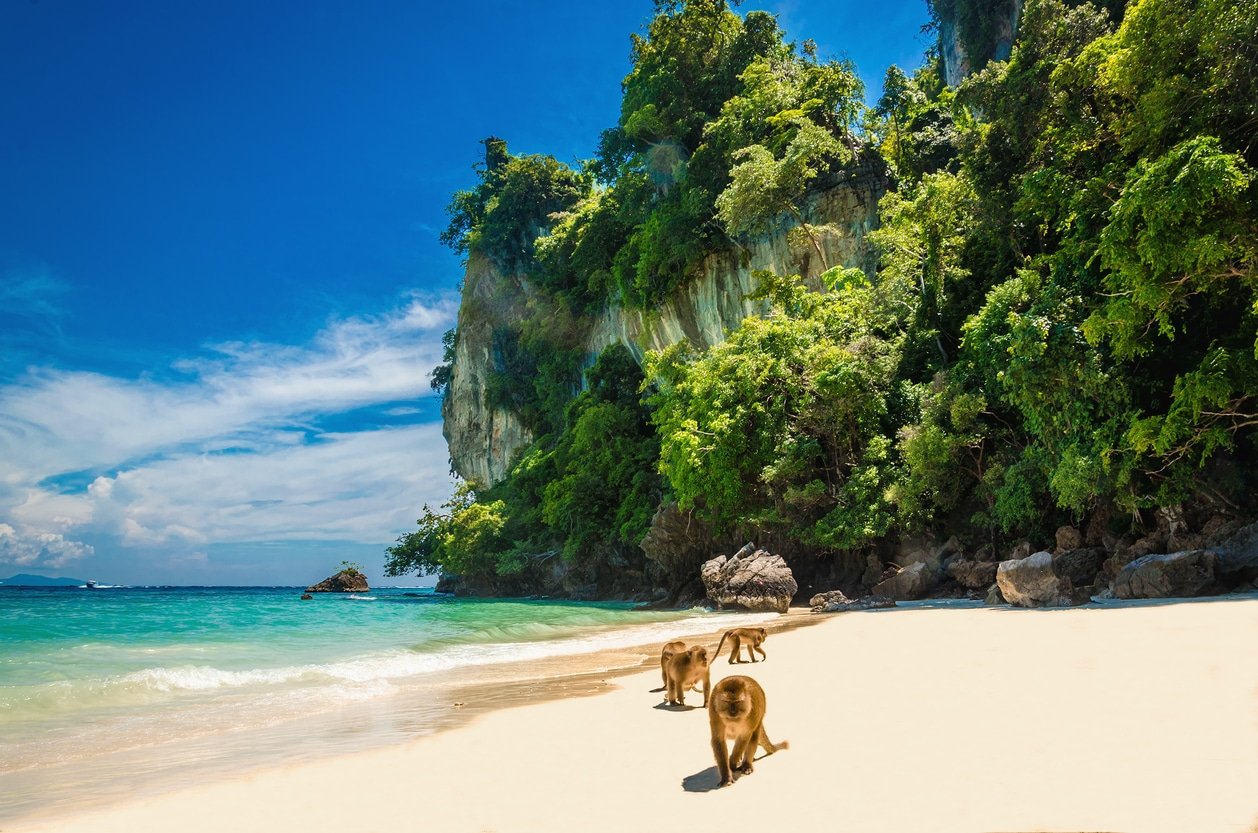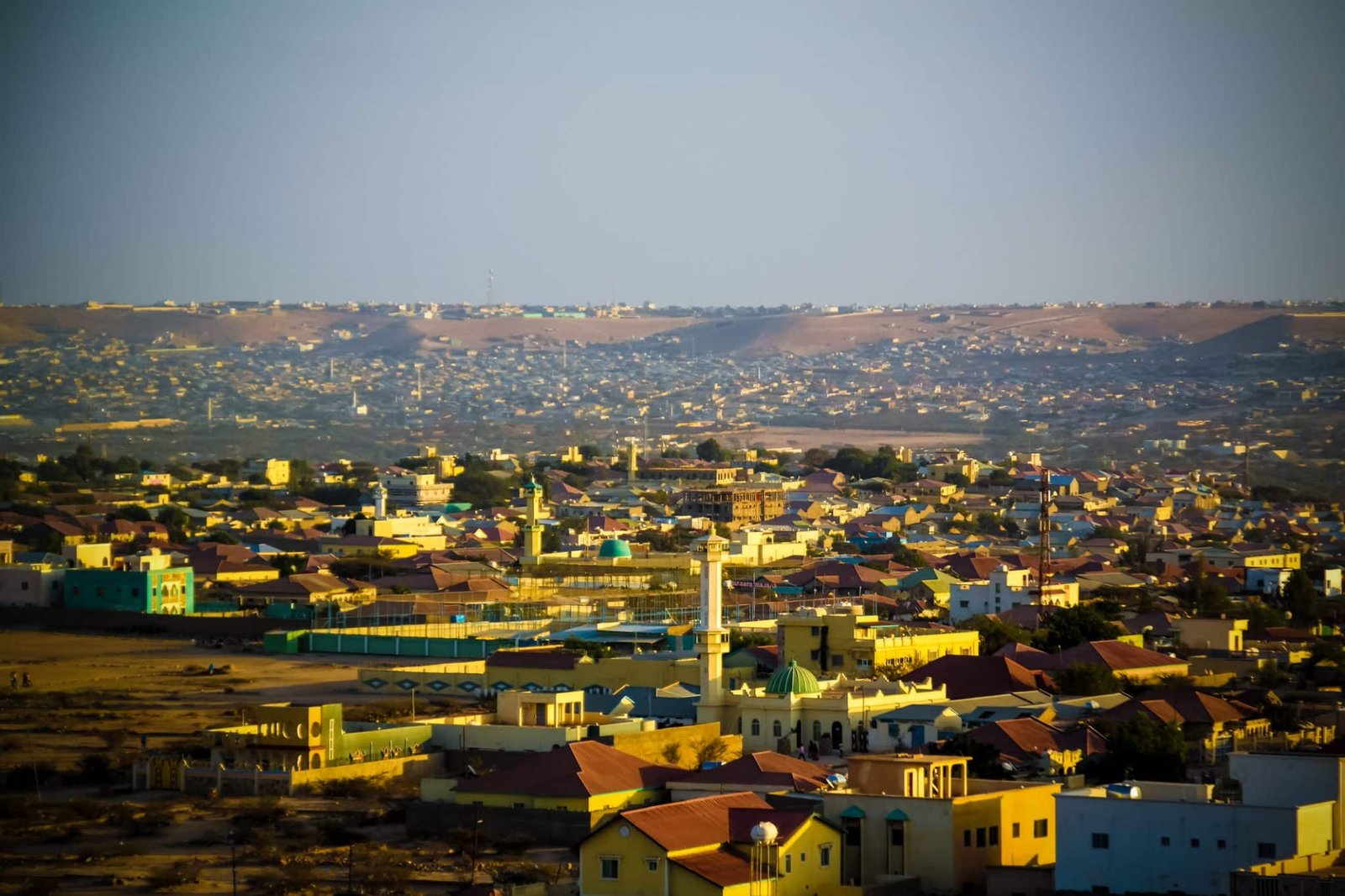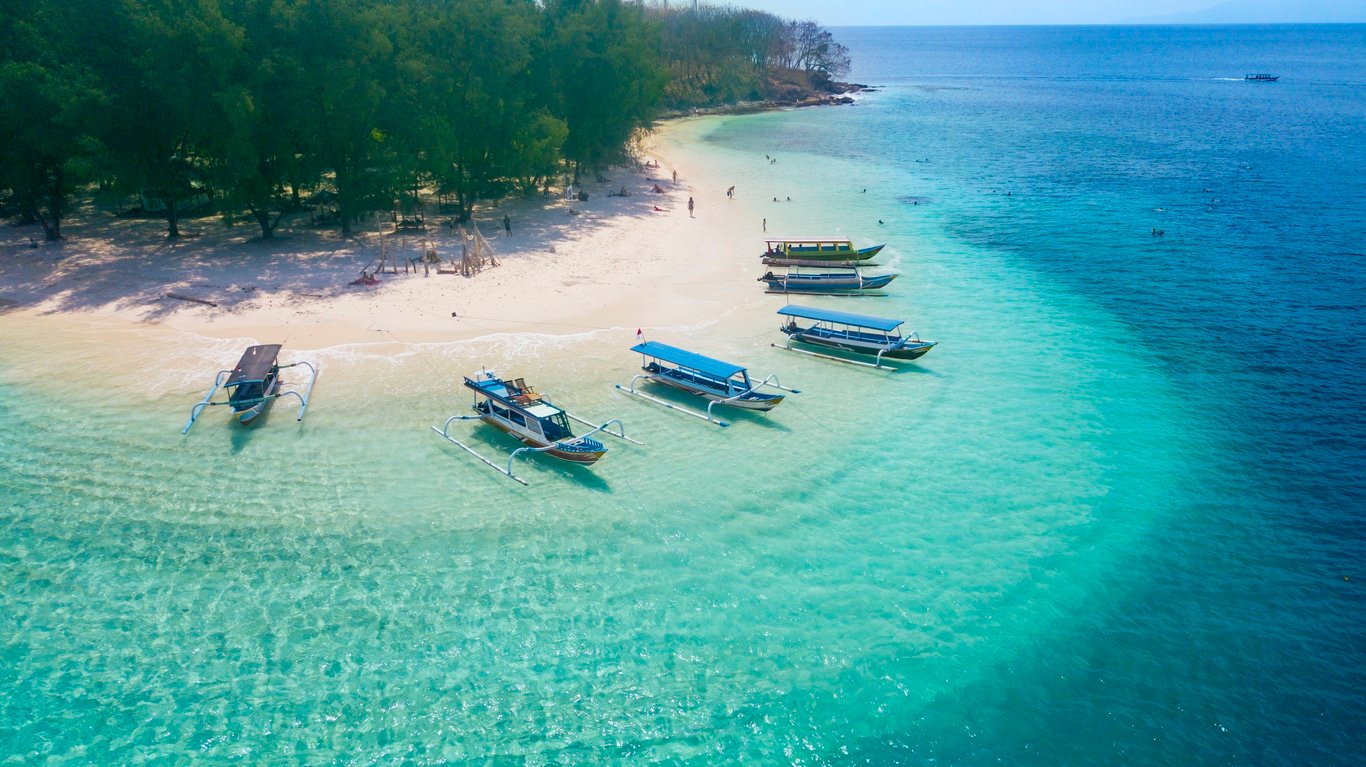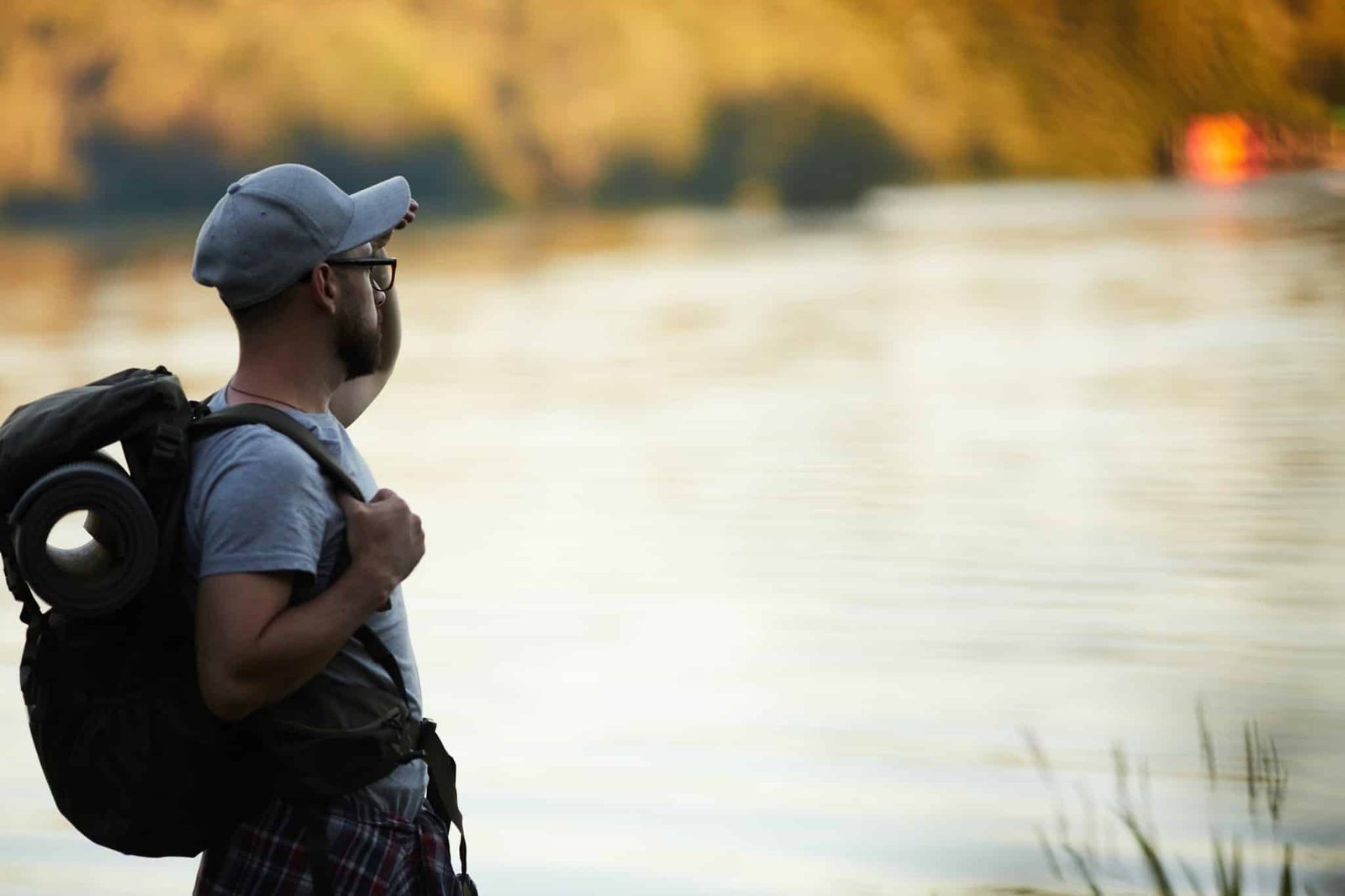The Rules Around Wild Camping In Every Country In Southeast Asia
Wild camping (also known as free camping or ‘stealth’ camping) while touring or biking southeast Asia is a dream many of us have, but it can be confusing trying to work out how possible, or legal, that dream would be if it was turned into reality.
That’s because camping in southeast Asia, be that Cambodia, Thailand, or Vietnam, is not common, and wild camping even less so. While many of these countries require tourists to register at a hotel, hostel, or guesthouse each night.
However thankfully for us, a few brave souls have tried out wild camping in the region! From their testimonies, we’ve managed to compile some information on the de facto “rules” on wild camping in every country in southeast Asia.
As wild camping is very rare here, there aren’t really laws about it in many of these countries, however there do appear to be some general rules to abide by if you want your free camping experience to go smoothly.
Below is our breakdown, country by country, of what to expect when planning your wild camping trip. However the usual caveats apply – take into account your own safety, local animals and insects (poisonous and the like), whether landmines exist (Cambodia and Vietnam for example), as well as other potential dangers such as conflict and armed groups when planning your trip. These will vary from country to country and region to region.
DISCLAIMER: Below we give general advice, but we always recommend staying in an official campsite. If you choose to go wild (free) camping/dispersed camping, then make sure you do so with someone who already knows the area where you’re planning on camping for your own safety.

Brunei
Camping is very rare in Brunei, and therefore rules around wild camping don’t really exist. However when hiking in remote areas (such as national parks) or in very rural parts of Brunei, wild camping is generally seen as one of the few ways to have a place to sleep at night.
As such, it’s usually tolerated, as long as a tent is pitched late at night, is down at dawn, and is situated so remotely there is little chance someone will notice it. If in doubt, always try to locate a land owner or local official and ask for permission, the worse thing they’ll do is probably ask for a small payment.
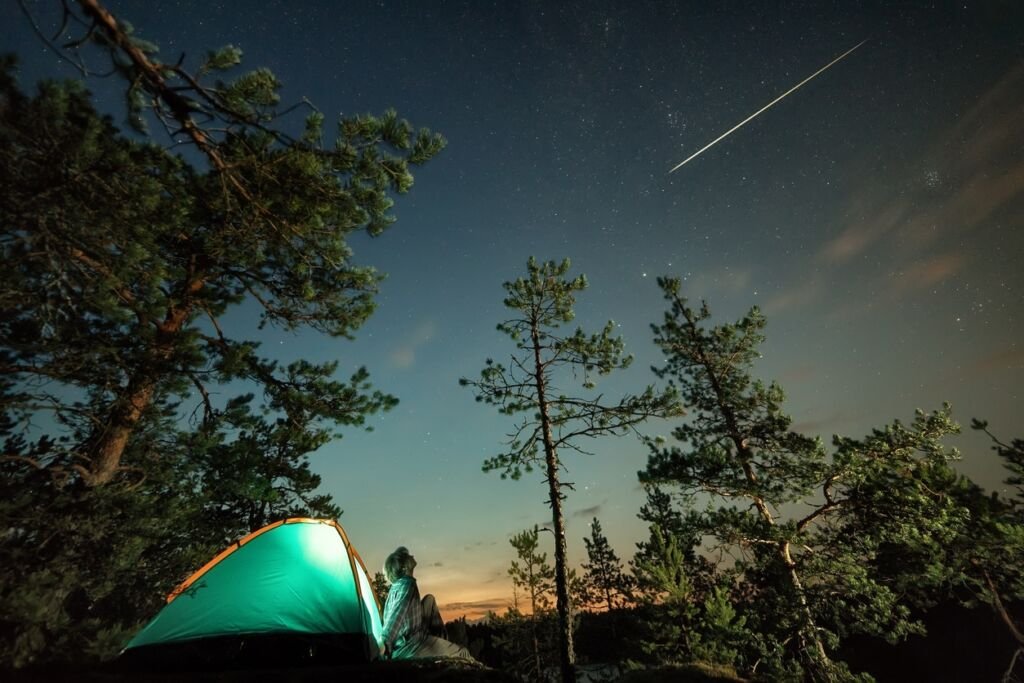
Cambodia
While official camping spots are becoming more common in Cambodia (although the trend of camping is still quite new and small), wild camping, or ‘stealth’ camping, in Cambodia remains a rare activity. However that doesn’t mean it’s not possible to do.
The national parks offer remote areas that have much fewer people living in them, and wild camping in them for a night should be possible without any problems.
However there are villages throughout the country, and unlike forests in say the UK or USA where there’s little population, many wild camping destinations (such as forests) are often populated. Speak to locals and get permission to camp if you’re in an area with people or villages nearby – chances are they will be fine with it.
The other advantage of asking locals is that they may direct you to a site that is safer to camp, be that from insects, animals, and so on.
Often taking a hammock and using that, rather than pitching a tent, can be a less intrusive way of wild camping in Cambodia – it also allows looks more like you’re taking a rest than setting up a home.

East Timor (Timor-Leste)
It’s possible to wild camp in the rural areas of East Timor/Timor-Leste with little to no problems. Obviously the expectation is that a tent will be there for a night and that’s it. However if you’re not in a very remote area, do expect curious locals to possibly turn up – everything in general should be very good natured though.
On that note, if you are pitching your tent in an area with a noticeable population, it is worth telling locals (asking their permission) for safety reasons as they are likely to: a) keep an eye out for you and make sure the community ensures you and your tent come to no harm; or b) possibly offer a roof for the night, or at least a good pitch for your tent on someone’s private property.

Indonesia
Wild camping in Indonesia is possible, if you can find a remote spot where you’re unlikely to be disturbed. That includes beaches (!) – just use common sense. If you are questioned by a local, or official, as long as it’s clear you’re just staying a night and you are quiet and tidy, all should be fine.
Basically camping laws here are pretty loose, so even if someone tells you to get off their land (which you should), they can’t get the police chasing after you as you make your way to another spot 🙂

Laos
Whether wild camping is allowed in Laos or not appears to change from region to region and town to town. While in rural areas of Laos wild camping doesn’t appear to be a problem, police have stopped people from camping in the past and taken passport details.
However some travelers have reported in the past that police have also suggested areas to camp! In other words, the law of the land around wild camping in Laos is whether the policeman that day allows it or not.
Therefore if you are planning to camp in an area where people will see your tent, it is a good idea to ask permission of locals, or seek out a local policeman and ask their permission – that way you can avoid being shaken out of your tent in the evening.
If asked to move on by police, pack up and go, don’t argue – and shell out the few dollars for a guesthouse for the night and try again in a different region the next day.

Malaysia
Camping and wild camping is not common in Malaysia, however in tourist areas and national parks there are sometimes designated spots where people can set up a tent, or even rent camping gear.
In more rural areas of Malaysia, the rules around wild camping seem unclear, but if you avoid private land, and set up at dusk and leave at dawn, and are in a remote place, you’re likely to not be disturbed. Or alternatively seek out a land owner, or local official during the day and ask permission to camp on a piece of land.

Myanmar
The truth is, that Myanmar actually does have a law – of sorts – around wild camping. At least for tourists. It’s illegal, because all tourists must stay in a licensed hotel and have proof of their stay.
Does that mean wild camping in Myanmar isn’t possible? Well not quite. Tourists have done it before, and if you are remote enough the chances of being discovered are slim. Plus, while it can’t always be guaranteed, it seems the worst the police will do is confiscate your tent – as long as they think you were naive that is, and not arrogant.
This is definitely not a country you argue with the police, and if spotted by not-so-happy-looking locals, it may be best to smile politely, wave, and start packing up.

Philippines
Unlike the wilderness of Finland, Norway or the USA for example, rural areas in the Philippines are not so rural. That is to say, it is very hard to find a spot to wild camp without bumping into someone’s house, farmland and so on.
Wild camping is rare in the Philippines, and as such will attract potential unwanted attention. Your best bet is to go really rural, or to camp in some of the designated camping spots in the country – some of the beaches and protected landscapes have them.
Another option is to ask hotels, resorts, or local landowners to let you camp on their land for a small fee – that may also give some protection from potential criminal activity.
If you’re feeling very adventurous, there are numerous tiny deserted islands dotting the coastline where a tent is not going to be disturbed – getting there however may be a costly affair.

Singapore
As a tourist, it is not possible to wild camp in Singapore. As a citizen, or foreign citizen it is, but only by applying for a permit. In reality the only place to camp in this tiny city state is within the national park system, and there’s nowhere really you’re going to be able to pitch a tent that you won’t get noticed.

Thailand
Wild camping in Thailand is generally not permitted, and pitching your tent could gain you unwanted attention from locals and police. However there are ways to still do it, or find very cheap alternatives to free camping in Thailand.
Much of Thailand’s incredible countryside is national park land, and some of these have campsites where you camp for very cheap – many also have tents already set up. Or if you find a piece of land, or beach, where you’d like to camp, make a conscious effort to find the landowner and offer to pay to stay for the night (100 baht).
Alternatively if you travel with a hammock, setting that up could be another possibility – the best place to do it would be very remote, such as a national park. It may still attract attention, but you could simply pass it off as having a “rest” rather than setting up a temporary home.
Near the border areas in the north, some campers have suggested asking at the Army checkpoints for a place to camp, as soldiers have often offered a place to stay, will be happy to chat, and there will be toilet facilities.
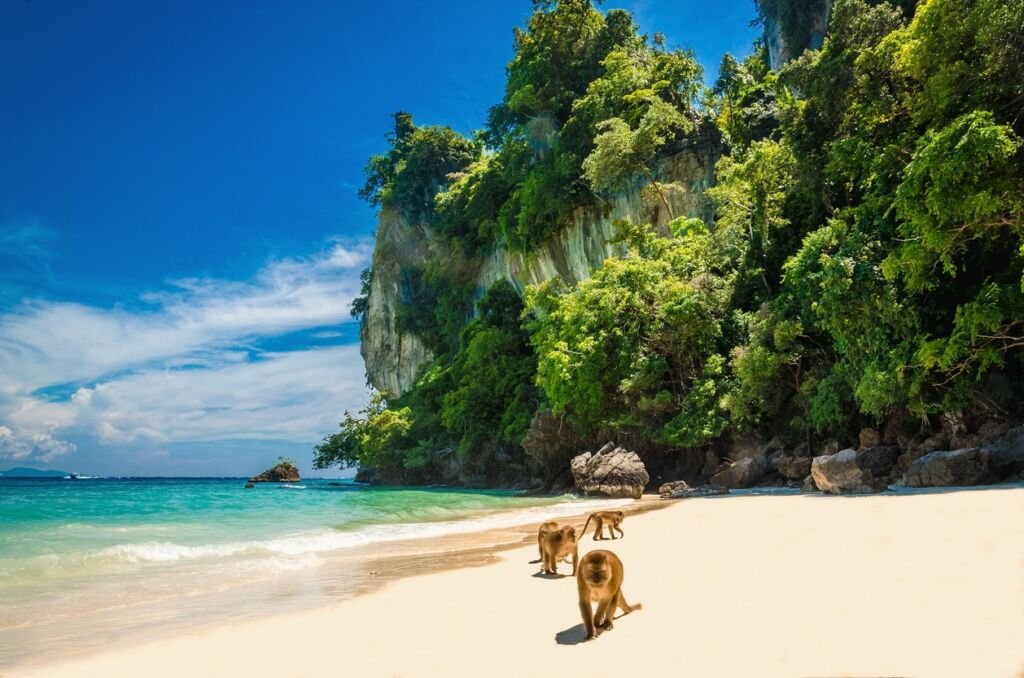
Vietnam
Similar to other Southeast Asian countries, Vietnam requires tourists to be registered for every night of their stay – i.e. to stay at a hotel or guesthouse and for that business to register you there with the local authorities.
Wild camping in Vietnam for tourists is illegal therefore, however some people prefer to do it anyway. If you do wish to wild camp, make sure you are very remote, as if you set up in an area that has some population, your tent will almost certainly attract curious locals, and with it attract attention.
Police may order a tent to be taken down, though it is possible some leniency could exist. If you set up late at night when locals are in homes (10/11pm) and then taken everything down by dawn, the chances are you won’t be bothered.
Another option is a hammock. It is quite common in Vietnam for locals to set up a hammock to take a rest throughout the day. Using a hammock to camp would potentially help in looking less like a wild camper, and more like a tired tourist engaging in a normal activity in the country.
